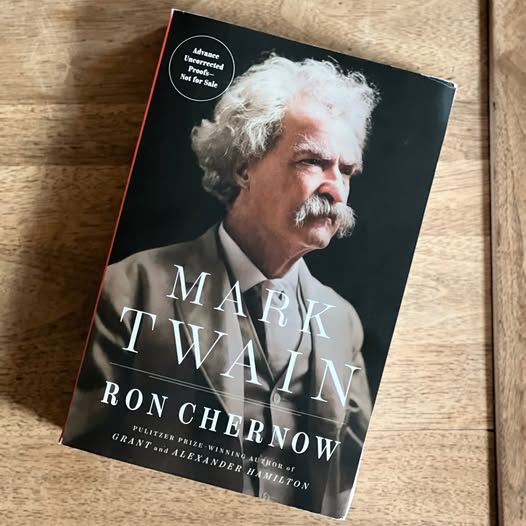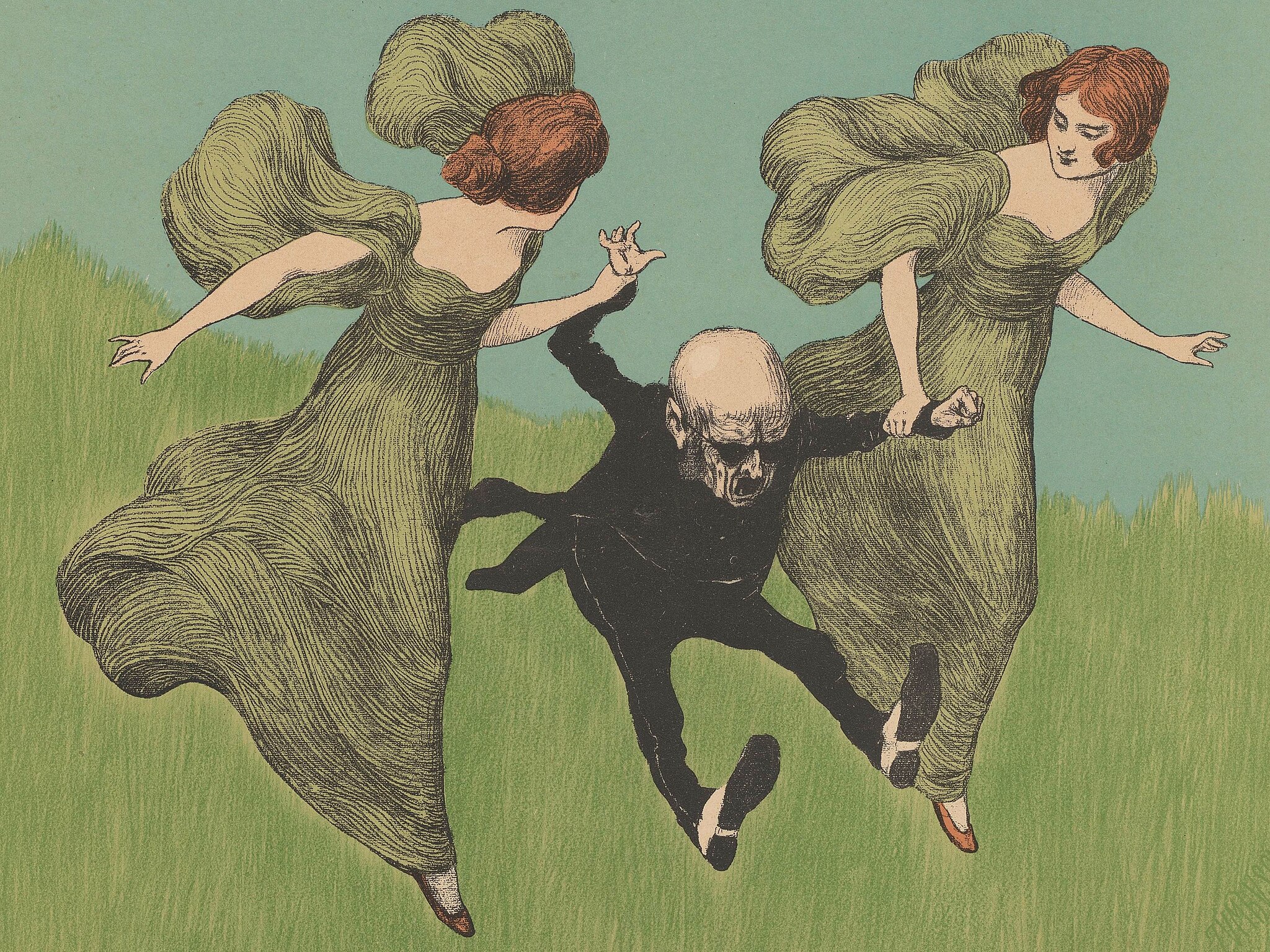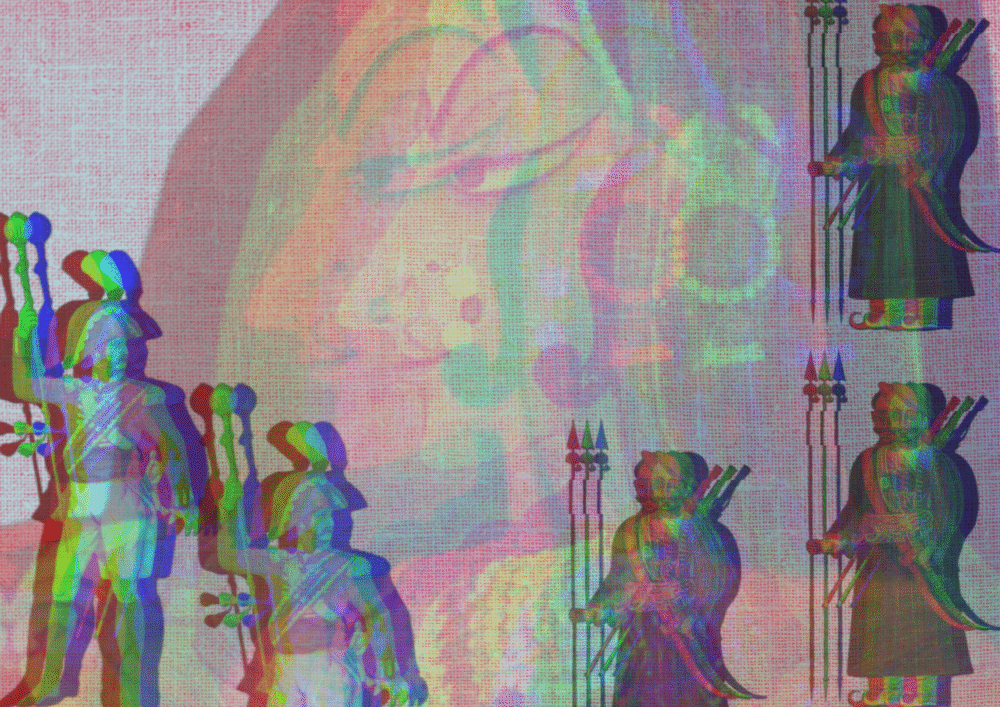It is with a certain weary resignation that one approaches yet another scholarly excavation of Samuel Langhorne Clemens, that protean, problematic figure canonized by a nation perpetually in search of its uncomplicated origins. Ron Chernow’s Mark Twain arrives on the literary scene, not unlike a freshly-varnished antique, promising new insights into the “American voice” while, alas, often delivering little more than a polished reaffirmation of prevailing bourgeois pieties.
Chernow’s enterprise, one quickly discerns, is primarily one of biographical consolidation, dutifully charting the labyrinthine pathways of Clemens’s life from the Mississippi riverboats to the lecture circuits of Europe. While lauded for its exhaustive research and comprehensive scope—a hallmark of Chernow’s previous, celebrated biographies of figures like Hamilton and Grant—what is conspicuously absent is the rigorous, dialectical interrogation that Twain’s complex legacy so desperately demands. Chernow’s narrative, for all its meticulous detail, frequently succumbs to a rather staid empiricism, presenting facts as self-evident truths rather than as symptomatic articulations of deeper ideological currents. The author, it seems, is less concerned with disinterring the latent contradictions embedded within Twain’s literary output—the profound ambivalence towards both slavery and its abolition, the simultaneous embrace and critique of nascent American capitalism—than he is with constructing a cohesive, if somewhat sanitized, linear progression of the man. One might be forgiven for thinking that the very notion of a fragmented, ideologically contested subject remains anathema to this particular critical sensibility.
Where, one might ask, is the sustained engagement with the socio-economic determinants that shaped Twain’s peculiar brand of humor, itself a complex admixture of populist appeal and deeply conservative instincts? Chernow hints at the Gilded Age’s burgeoning inequalities but largely skirts any truly materialist analysis of how Twain’s work, even in its most subversive moments, ultimately served to reinforce certain hegemonic discourses. The formal ingenuity of Huckleberry Finn, for instance, is acknowledged, yet its narrative slippages and ideological impasses—particularly its disquieting conclusion and the controversy surrounding its use of racial epithets—are too readily smoothed over. While some reviewers commend Chernow for tackling Twain’s evolving views on race, this critique argues that a deeper textual analysis, reading beyond manifest content into the ideological unconscious, represents a significant missed opportunity, relegating a potentially vibrant critique to the realm of mere biographical commentary. The reluctance to truly problematize the text may ultimately serve to preserve the comfortable myth of the liberal humanist artist.
Furthermore, Chernow’s treatment of Twain’s late, darker period feels curiously underdeveloped. While he meticulously records the personal tragedies and financial woes that beset Clemens, the profound philosophical and existential despair that permeated works like The Mysterious Stranger often receives a psychological rather than a socio-historical explanation. There is little attempt to link this burgeoning nihilism to the broader crisis of American modernity, to the dislocating forces of industrialization and the erosion of traditional values that Twain, perhaps unwittingly, anatomized. The textual intricacies, the shifts in authorial voice, the very style that signals this deepening malaise are often treated as mere reflections of a troubled mind, rather than as formal responses to a rapidly reconfiguring world. While Chernow delves into Twain’s “angel-fish” correspondences in his later years, some critical voices suggest this, too, is presented more as a personal peculiarity than as a lens into broader societal anxieties or Twain’s own complex psychology beyond mere biographical accounting.
In sum, Ron Chernow’s Mark Twain is a competent, if ultimately conventional, addition to the already voluminous bibliography surrounding America’s great satirist. It offers a well-researched chronology and a detailed account of his life’s events, but often falls short of delivering the incisive, theoretically informed critique that a figure of Twain’s ideological complexity demands. For those seeking a comfortable biographical overview, it may suffice; for those hungering for a more rigorous, unsentimental dissection of a canonical yet stubbornly elusive literary giant, the search, alas, must continue.



